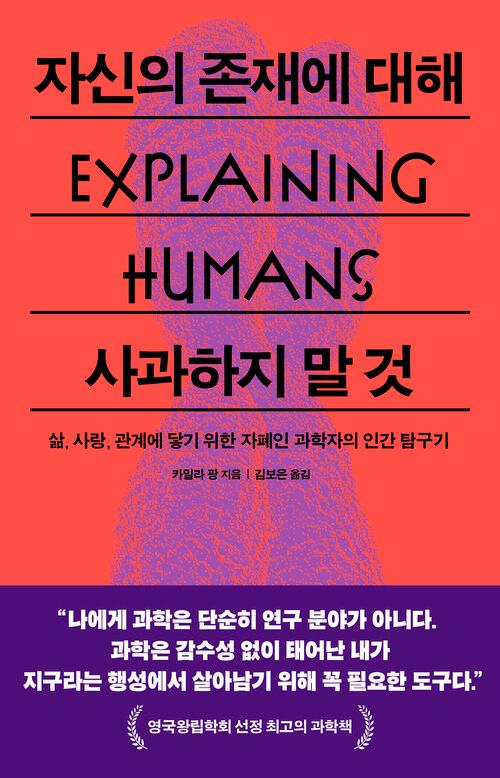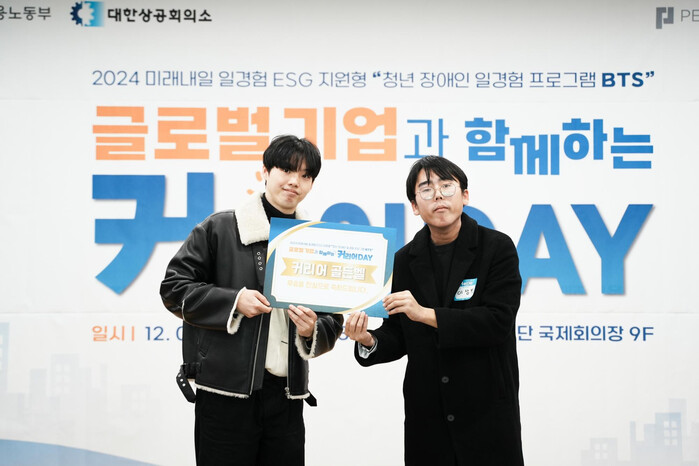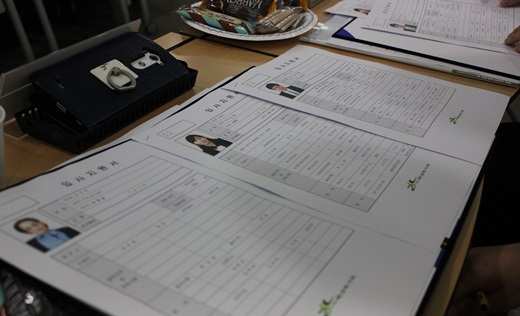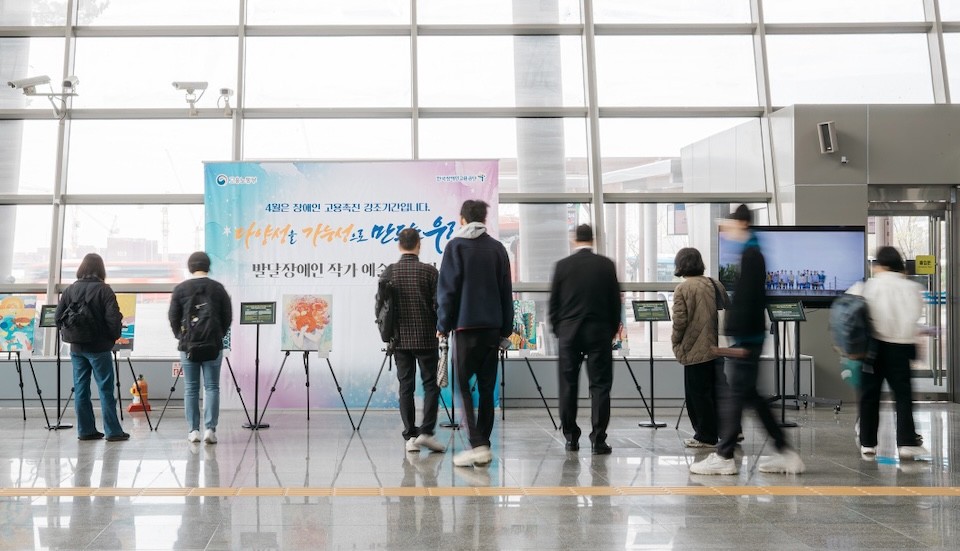Camilla Pang ‘Never apologize for who you are’
Camila Pang, author of the science book Don’t Apologize for Your Existence, combines two perspectives. One is a scientific and rational way of solving problems. The author is a scientist who has completed his Ph.D. in biochemistry and works in the field of bioinformatics, which makes extensive use of science and technology. As a result, the book introduces a number of practical realizations borrowed from biology, chemistry, thermodynamics, and quantum physics, as well as machine learning, deep learning, and game theory. And the reason why the author finds tips for life through science so much is because she is a neurodivergent person.
Camila Pang has been diagnosed with autism spectrum disorder, attention deficit hyperactivity disorder (ADHD), and generalized anxiety disorder. To put it simply, they are excessively unwitting, distractible, impulsive, and easily insecure. He learned the social behaviors that others naturally learned and performed with difficulty. The second point of view that connects to science is the ‘foreigner in the room’. He is unfamiliar with his inner behavior and makes mistakes, but thanks to this, he is able to spot differences that others are not aware of.
Neurodiverse and neurotypical people…acknowledging their differences
Neurodiverse is a word that comes from the perspective that characteristics caused by brain nerves, such as autism spectrum disorder, are considered a type of diversity. For example, people on the autism spectrum generally have difficulty engaging in high-context conversations and take what is said literally. In other words, “see the world differently and without prejudice.” In this way, the specific appearance resulting from neurodiversity can be accepted as a way of life rather than defined as a disability or defect. The terms neurodiverse and neurotypical are much looser than the dichotomy between normal and abnormal. Rather than correcting people who ‘stand out’ to fit existing social norms, we should look back at the rigid society that only demands ways that are typical of neurotypical people.
*Please note this is a Korean article
Source: Hankookilbo




